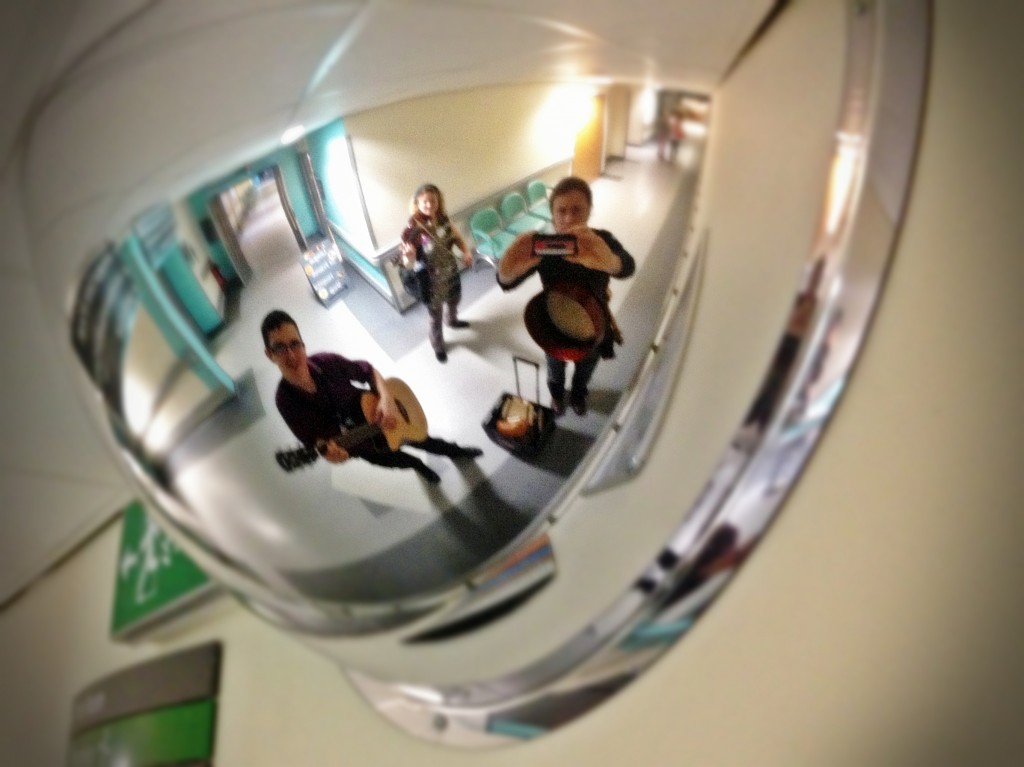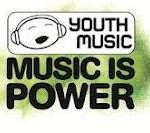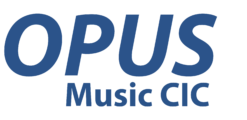A Good Musical Experience – Wednesday 21st Nov 2012
Nick and I began playing in the Sunflower waiting area – three children aged around 8 years of age were waiting, a little bored, and seemed eager to join in.
We sat down and played a tune for them to listen to – they gathered round immediately – Nick began to give out percussion instruments.
We turned to Gallopede (one of our favourites for facilitating participation). Each child joined in with their own rhythmical pattern with the music – Nick led them for a while and showed a slightly more complex patttern to try.
We changed the dynamics – we led – they led.
The tempo changed – with different leaders here again.
Nick tried a different style – could we slow things down and change the mood with a waltz? We played Valse vor Polle – and the children changed what they were doing and matched the style.
Finally our musical friends found our box of musical instruments and had a little session exploring some of the sounds that could be made on each of them – including trying out my violin and bow.
I felt that the interaction had been successful and complete, and thought it best to start packing the instruments away, with their help. It is always good to have a thought for when a session should finish – before anyone gets overexcited – end with positive experiences.
This felt like a really good all-round musical experience and it appeared as though the children involved had really been engaged and enjoyed it for about 20 minutes.








